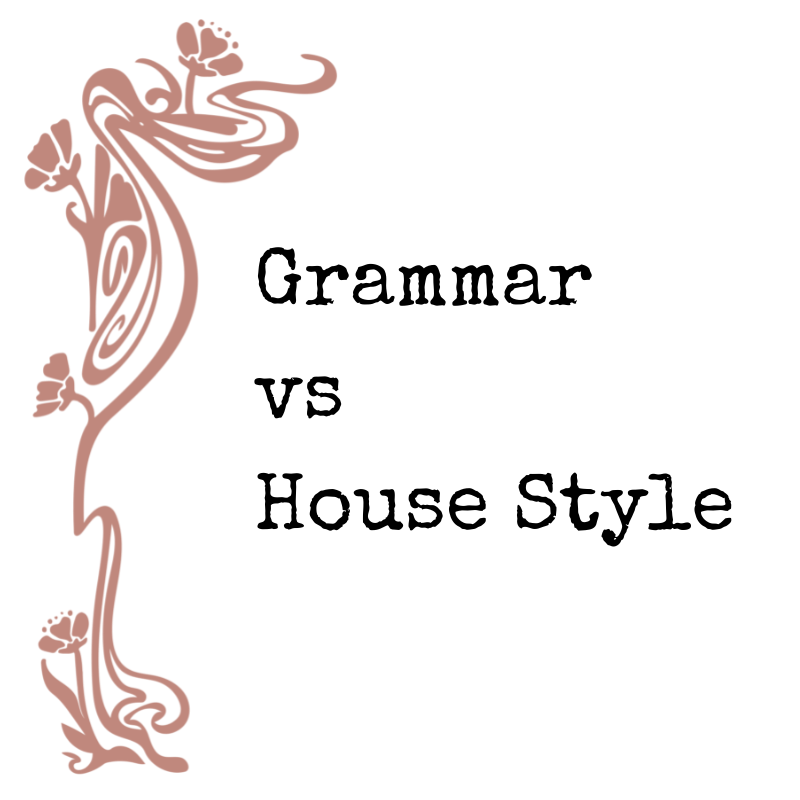Ah, apostrophes… My favourite. I could talk apostrophes all day. (Oh what a fun human you must be, they say.)
When to – and when not to – use apostrophes seems to confuse the bejaysus out of people, though.
But it doesn’t need to.
When should you use an apostrophe?
You can Google the bejaysus out of this for more detail, but they’re mainly used:
- In contractions: it’s = it is; they’ve = they have; you’re = you are.
- To show possession: the (singular) dog’s bone or the dog’s bones (the dog can have more than one bone!); the (plural) dogs’ bone or the dogs’ bones (many dogs can share one bone or have many bones).
*Exception to the rule: the possessive form of it is its – not it’s, ie The English language has its moments. - To signify the omission of a letter/letters for other reasons, ie style/slang/tone: That tune is bangin’! = bangin[g]; Look at ’em! = (th)em.
And yet we see rogue ones all the bloody time, especially when it comes to plurals.
I think it’s because people can’t remember when to use one or not, so panic, and put one in. If in doubt – leave it out, I say!
Don’t use apostrophes in plurals
For example…
Incorrect: apostrophe’s | Correct: apostrophes
Incorrect: plural’s | Correct: plurals
Incorrect: Monday’s | Correct: Mondays
Incorrect: compact disc’s | Correct: compact discs
So why do people write CD’s instead of CDs? 70’s instead of 70s?
Tip: Say the word/s out loud. Compact discs. CDs. Seventies. 70s. Simples.
Sure, it gets a bit trickier when single letters are used. But I don’t believe it should change the rule. One A. Two As. Six hundred Zs.
However, there are different schools of thought when it comes to this ol’, oft-used phrase:
DOs and DON’Ts vs DO’s and DON’T’s (ew!)
I’m in the “don’t use an apostrophe for a plural” (ever!) camp, and agree, for the most part, with Grammar Girl on this.
But, I would argue that you can still eliminate the apostrophe in *all* plurals, including single letters, and go with:
- Dos and Don’ts
- Mind your Ps and Qs
- Aardvark has three As
Capitalisation helps. Unnecessary apostrophes don’t.
Given you’re relying on context to help understand the statements, you could still go with (lowercase) “dos and don’ts”, “mind your ps and qs” and “aardvark has three as”, the latter being the most confusing, but still comprehendible, given the context. Admittedly, it would be better if the sentence was “The word, aardvark, has three as.”
But most importantly, whatever you go with, be consistent.
Got a grammar question? Need Little pink typewriter? Or just want to know more about what I do? Email me at hello@littlepinktypewriter.com.au or drop me a line via my Contact form.



